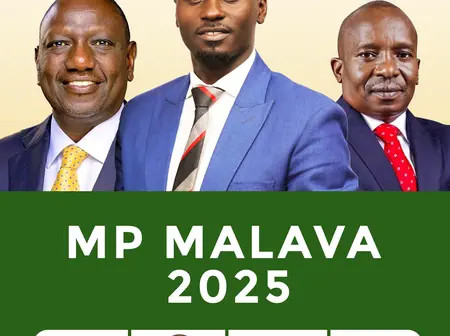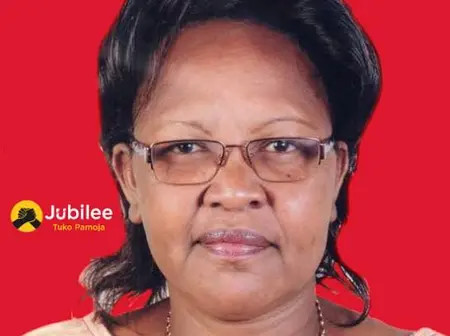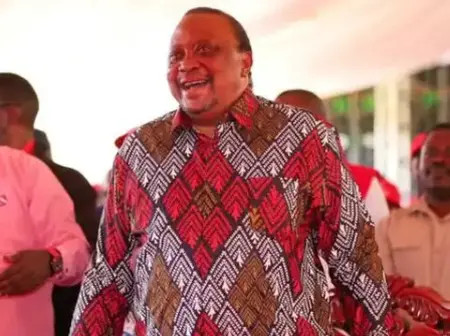
The outcome of the UDA primaries in Malava, which saw Ryan Injendi lose, serves as a significant blow to powerful figures who backed him.
The defeat of a candidate reportedly supported by a key figure in the Presidency, along with another powerful leader in the government, is a clear signal that grassroots political movements and voter choices can triumph over high-level endorsements.
It is a stark reminder that political clout at the national level does not automatically translate into local electoral success.
Ryan Injendi’s concession speech added a new layer of drama to the political landscape, as he openly accused Prime Cabinet Secretary Musalia Mudavadi of influencing the UDA primaries.
While the specific nature of this influence was not detailed, the accusation suggests that the defeat was not a simple matter of losing popular vote but rather a result of internal party machinations.
This claim, coming from the losing candidate, highlights the deep-seated rivalries and power struggles that exist even within the same ruling coalition.
The defeat of the preferred candidate, and the subsequent accusations, puts the spotlight on the internal dynamics of the ruling party.
The public rejection of a candidate allegedly backed by powerful figures raises questions about the integrity of the nomination process and the true extent of influence these individuals wield within their own party.
This could lead to a deeper examination of how party nominations are conducted, potentially causing a ripple effect in other upcoming by-elections.
The public’s reaction to the loss—with crowds allegedly cheering—is a powerful symbol of the electorate’s frustration with political endorsements that appear to be imposed from the top.
It signals a desire for a more democratic and transparent process where local voices are heard and respected.
The residents of Malava have sent a clear message that they will not be swayed by powerful endorsements alone, and that a candidate’s local standing and their ability to connect with the people matter most.
Ultimately, the results in Malava are a testament to the unpredictable nature of grassroots politics. They show that even the most well-connected candidates, with strong backing from powerful political figures, can be defeated when the electorate decides to take a different path.
Ryan Injendi’s defeat and his subsequent accusations have not only reshaped the political race in Malava but have also exposed the underlying tensions and power struggles within the ruling coalition.
Link:https://www.kenyans.co.ke/news/116425-malulu-injendis-son-blames-mudavadis-influence-after-losing-uda-nomination-malava-mp




